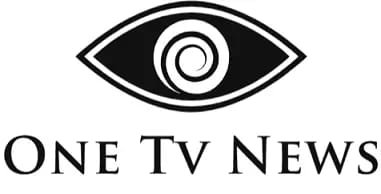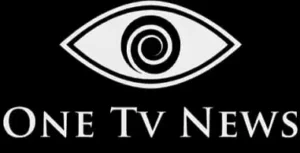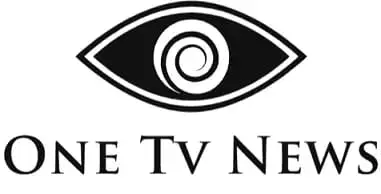Hum Kis Liye Likhte Hain?
The Turkish Nobel laureate Orhan Pamuk writes in his novel *My Name is Red* that an artist who considers the possible reactions of his audience and caters to their likes and dislikes commits a crime against himself and also breaks a contract (this explanation is mine). Because he is not working for the sake of art itself but for something else, and it is not his true self whose preferences he is attending to. Every writer should know the difference between their authentic self and the identity imposed by “others.”
When you start writing in a particular genre, you are essentially making a silent agreement with that genre. You commit to demonstrating creativity within its poetics, ethics, aesthetics, and conventions without destroying them. You promise to add something to its existing identity and, if needed, challenge its traditions and conventions, but without distorting its essence.
When your work reaches the world, it should not arrive wounded, disfigured, exhausted, or crippled but rather in a much better, fresher, and stronger form. It will then connect you to a great lineage of unseen individuals throughout history—meaning, you will not have broken the contract.
In the novel, a miniature artist named Butterfly is skilled in painting tiny, incomprehensible pictures on grains of rice and fingernails, and it is difficult to find his equal. But according to Master Osman, his mistake is that despite his exceptional artistic ability, he does not paint out of love for art but rather imagines the pleasure that others would feel upon seeing his work. He is undoubtedly a “good” artist, proficient in his craft, and possesses a remarkable ability to impress others through his art, but he is not “honest” with himself or with the art itself.
Being a good writer does not guarantee that you are a true and honest author.
If you write with the possible reactions of others in mind, considering their happiness or displeasure, if you write out of external temptations, greed, or fear, then you must confront the reality that you are self-serving, cowardly, and opportunistic. In such circumstances, you cannot express your true spirit, nor can art manifest itself authentically through your pen.
Art emerges from the depths of human existence, where a flawless, silent essence resides, free from all external influences. A genuine writer writes to give voice to those sounds that wish to be heard for the first time through him. These voices do not necessarily have to be related solely to oneself; they can be about the real world, real people, history, or civilization around you. Even at the furthest limits of one’s being, a person can feel a deep connection to their fellow human beings and other creatures of this universe, distinguishing them from “others” if they can free themselves from the fear, greed, and overwhelming desire for popularity and recognition imposed by “others.”







